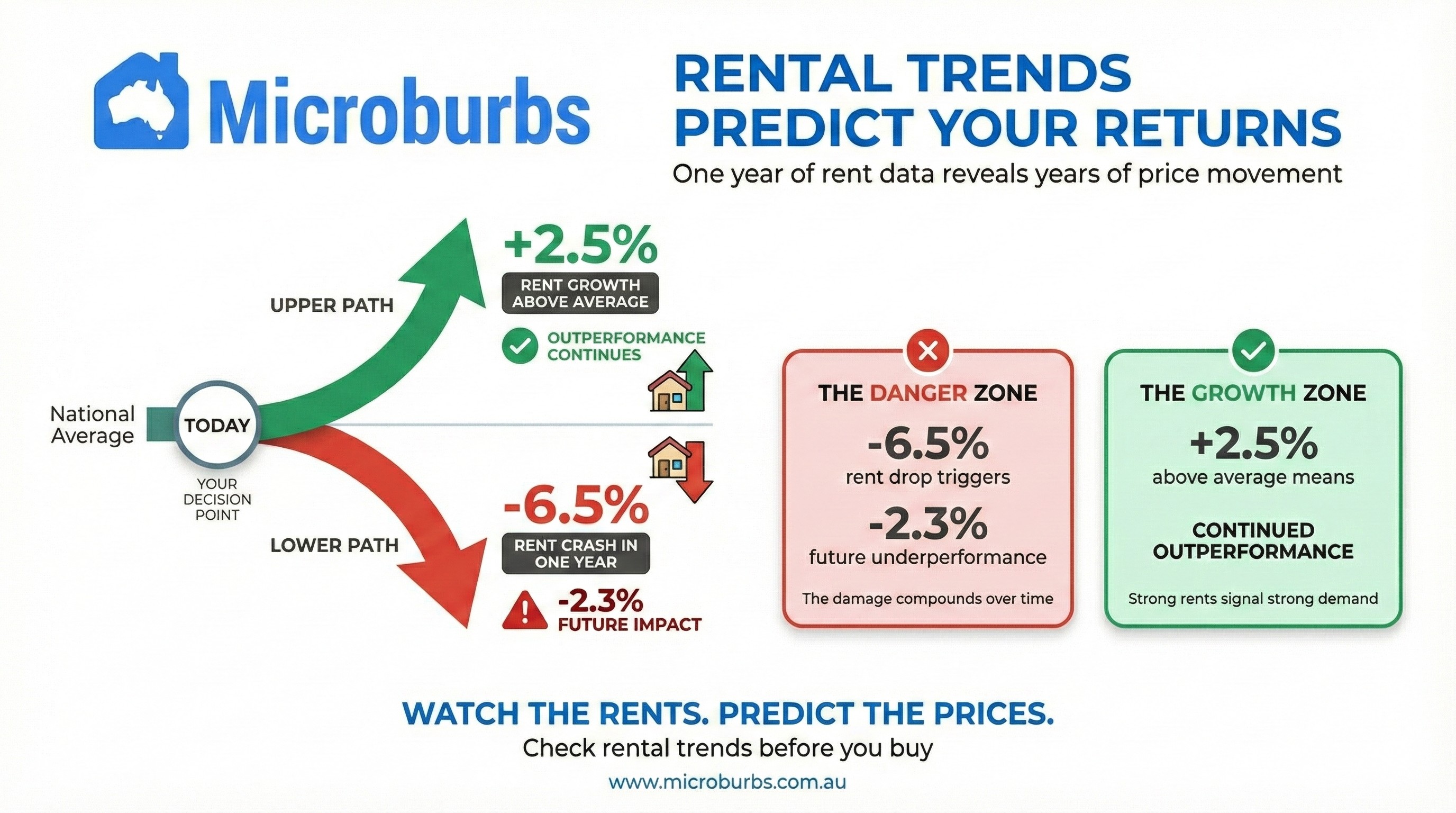Property is still the path to wealth in Australia, and our over 65’s have not forgotten it.
This week, the HILDA (Household, Income and Labour Dynamics in Australia) Survey results were released. These are essential updates for Australian property investors available here. Until you have a chance to peruse the full 124 page report, we’ve collected our key take-away points for property investors.
Home owners to become a minority in 2017
Home ownership rates have been falling steadily since 2002, when the survey began. The latest results show only 53% of Australians are home owners, with home owners expected to become a minority in 2017.

Property ownership is concentrating with older Australians
The fall in home ownership is not evenly distributed. It’s young people who are increasingly unlikely to own a home, with ownership rates amongst 25-34’s falling from 40 percent to 30 percent.

On a household level, households headed by a 25-34 year old have gone from 60 percent home ownership rate to 47 percent.
Where are these homes going? Older Australians show a matching increase in investment property purchases. In 2006, 8 percent of investment property landlords were over65, and in 2014 it was 13 percent. It’s easy to see that those with equity in the property market are beating out newcomers, and that those who have tasted strong capital gains are keen to build their portfolios.

Property Investment is still the path to wealth
Median wealth increases between 2002 and 2014 have not been equal among age groups. Those aged over 65 have enjoyed a whopping 61 percent increase in median wealth between 2002 and 2014, while 25 to 34 year olds have had just a 3 percent increase, despite being of working age.

It’s no coincidence that over 65’s in Australia own more of the property and have enjoyed more wealth increases. Tax incentives and a strong property market have proved that it’s property that makes money, and the more property you can own, the more money you can make.
Tenant Rates Across Australian Cities
At Microburbs, we know that owner-occupiers and renters don’t usually live in all the same places. There are distinct investment property areas and home owner areas. Typically it’s units and compact, low maintenance housing around transit hubs which make good investment properties, and large houses with matching yards out in the suburban fringes which are better suited to owner-occupiers.
Melbourne Tenant Rate Map

Sydney Tenant Rate Map

Brisbane Tent Rate Map

Perth Tentant Rate Map

We map tenancy rates at a Microburb level under our Affluence Report section. This way, you can see within a suburb where you’re considering investment, where the rental properties tend to be.
You can get the tenancy rate and Affluence Report for any address in Australia by searching here.




